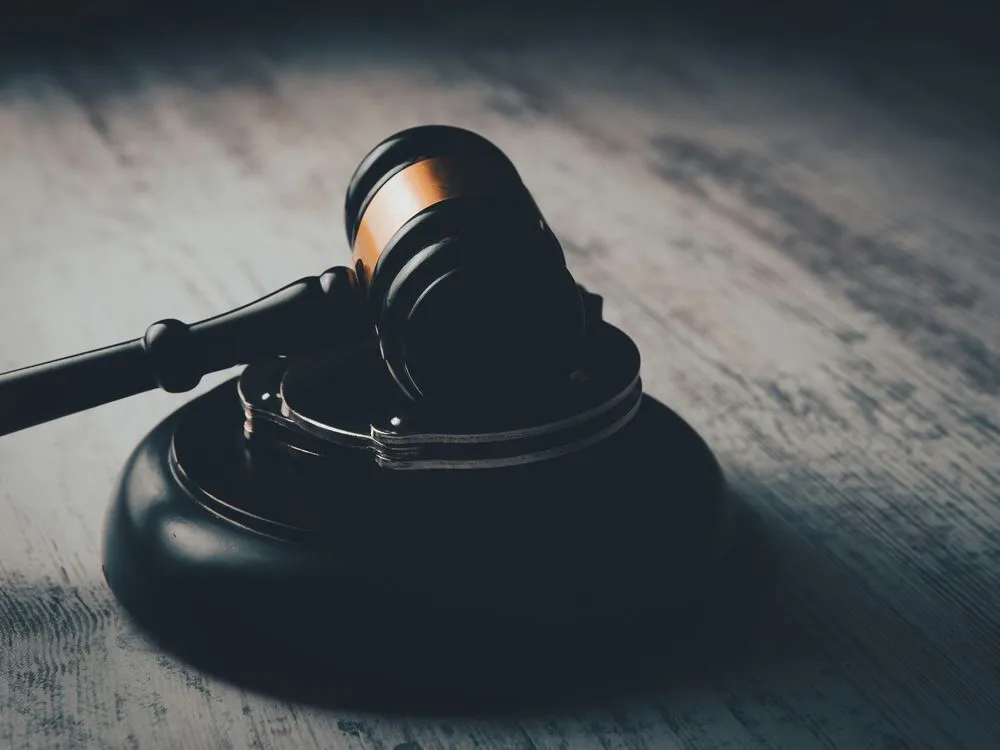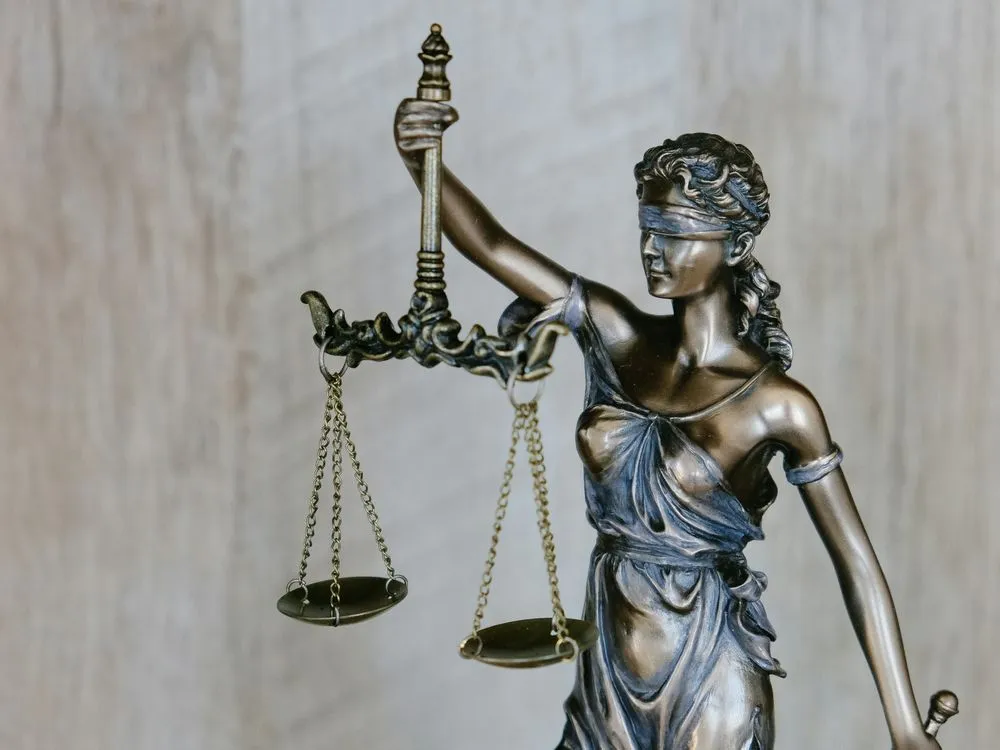In many instances in which a defendant is charged with a sex crime, the court will instruct the jury not only as to the elements of the charged offense but also as to the elements of a lesser included offense. Thus, it is not uncommon for a jury to find that while the defendant is guilty, it is of a lesser charge rather than the offense the defendant is accused of committing. A criminal defendant does not have an automatic right to a jury instruction regarding a lesser included offense, however, as demonstrated in a recent Florida case in which the defendant was charged with multiple sex crimes. If you are accused of committing a sex crime in Tampa, it is prudent to speak to a knowledgeable Tampa sex crime defense attorney to assess your options for seeking a favorable outcome in consideration of the facts of your case.
Facts and History of the Case
Reportedly, the defendant was charged with lewd or lascivious exhibition, and three counts of sexual battery, two of which were allegedly committed against a victim that was less than twelve years old, which constituted capital battery. During the trial, the victim testified that the first incident of abuse occurred when she was nine years old, and the second act of abuse occurred when she was eleven. The defendant requested that the court instruct the jury that sexual battery was a lesser included offense of capital sexual battery. The court denied the request, stating that it was illogical based on the fact that it was undisputed that the victim was under twelve when the abuse occurred. The defendant was found guilty of all charges, after which he appealed, arguing that the trial court erred by not instructing the jury regarding a lesser included offense.
When Jury Instructions Regarding Lesser Included Offenses Are Appropriate
Under Florida law, a trial court is obligated to provide the jury with a requested instruction on a necessarily lesser included offense, but only if the judge determines that the offense is a necessarily lesser included offense. While sexual battery is included in the schedule of lesser included offenses, a court may nonetheless contest the legal correctness of instructing a jury on the elements of sexual battery.
 Tampa Criminal Lawyer Blog
Tampa Criminal Lawyer Blog







